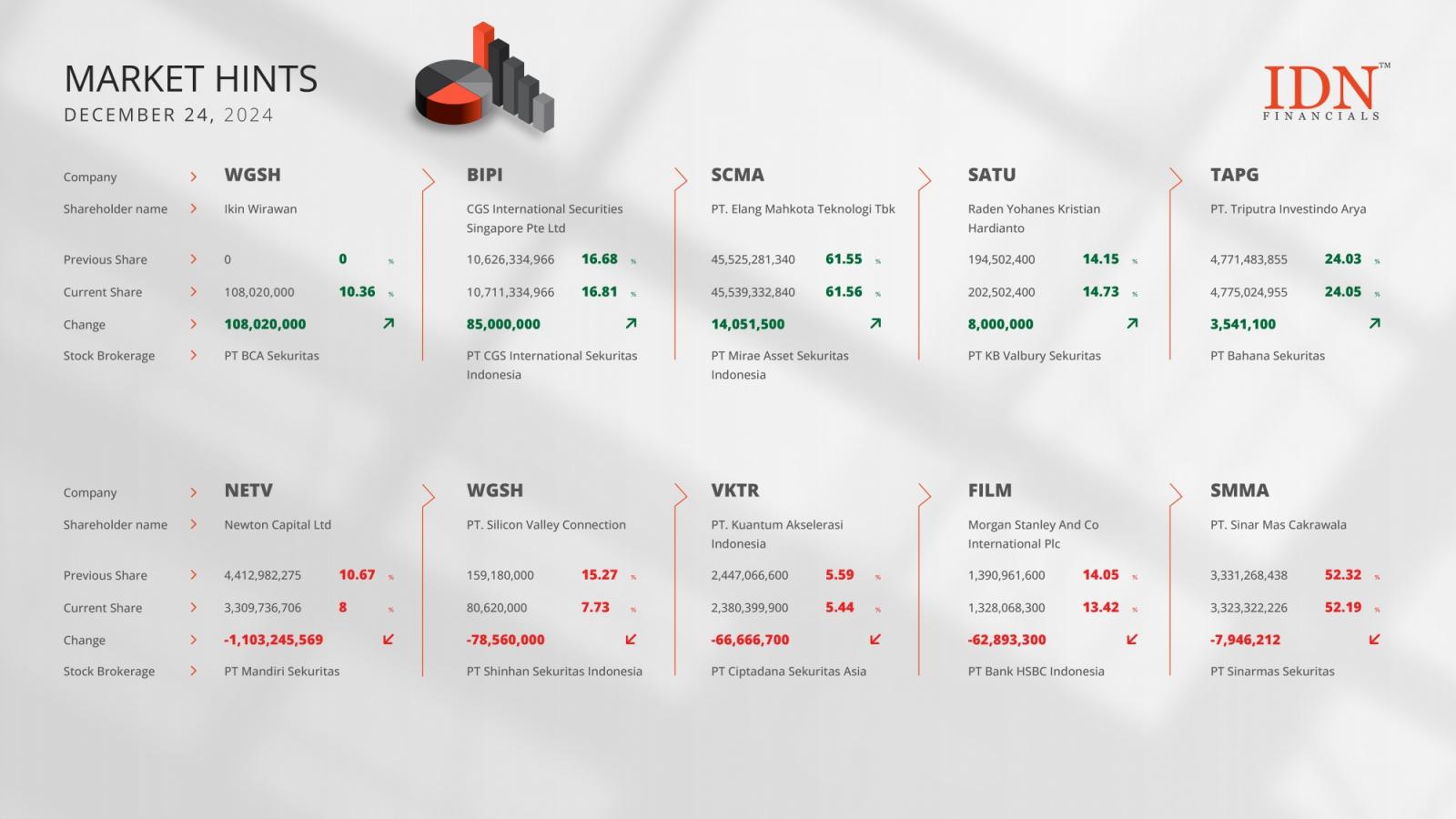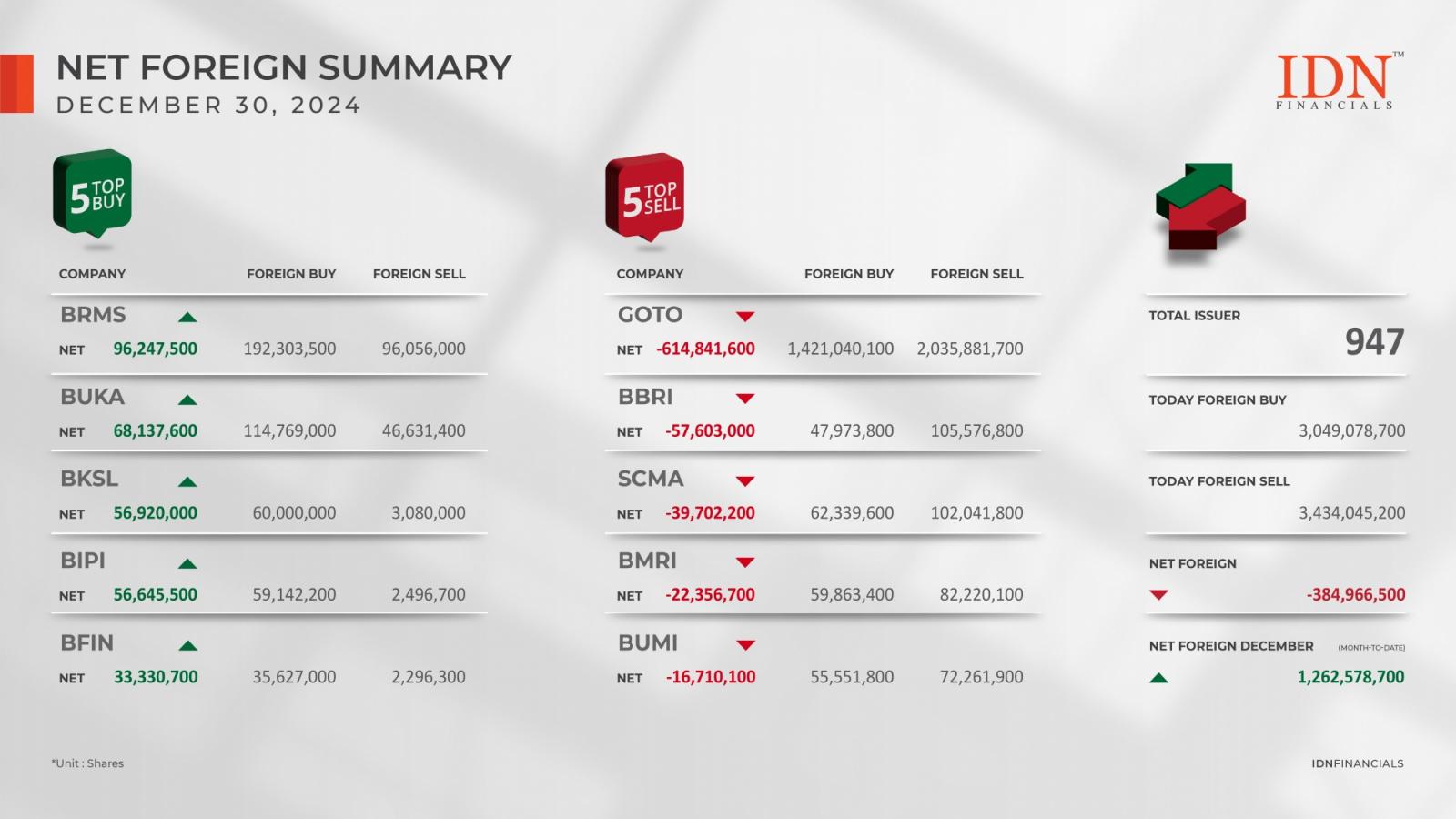The European law enforcement agency Europol issued a critical report on June 10, targeting Bitcoin miners and layer-2 blockchain solutions. The Europol Bitcoin mining stance dwells on the concern that mining operations could be used to conceal illegal proceeds, making them attractive to fraudsters and ransomware operators.
In a comprehensive 40-page report on cryptographic encryption, Europol expressed concerns about the challenges posed by Bitcoin mining and layer-2 solutions to law enforcement investigations.
Deep Dive into Europol Bitcoin Mining Report
Europol highlighted that criminal actors can exploit mining operations to obscure illicit earnings and, in some cases, even generate additional profits for themselves.
📣 Just published: new report on encryption "equilibrium between security and privacy".
It looks into how to uphold citizens’ privacy while enabling criminal investigation and prosecution.
Download the report ⤵️https://t.co/o7ahQilMRs
Press release ⤵️https://t.co/nO2KdPu4Qx pic. .com/MmC24Of9PP
— Europol (@Europol) June 10, 2024
The report also cited specific cases, such as the BitClub Network, where mining pools were used to promote Ponzi schemes. In this instance, BitClub Network falsely promised earnings through pool mining, leading to hundreds of millions of euros in losses and substantial financial impact.
BitClub CEO Russ Medlin seeking strategic advice from @rogerkver & @AntPoolofficial Yoshi about how to direct BitClub mining power.
3 BitClub arrests already made in $722m cryptocurrency mining fraud scheme but two more are still at large & under seal. https://t.co/0ndgc0vghD pic. .com/iZj44sC25J
— Bitcoin (@Bitcoin) December 11, 2019
Europol’s concerns extend beyond crypto mining. The law enforcement agency argued that the broader cryptocurrency sector poses additional threats.
The increasing use of zero-knowledge proofs and layer-2 applications on the blockchain complicates the tracing of funds, presenting further challenges for law enforcement efforts.
“Zero-knowledge proofs and layer 2 solutions also allow for transactions to take place without showing (some of them) transactional data publicly,” Europol stated. “Zero-knowledge cryptography allows for the verification of information without revealing any information publicly.”
The Europol Bitcoin mining report cited specific examples to illustrate their concerns. For instance, the privacy coin Zcash uses zero-knowledge proofs to ensure a wallet’s balance and transaction history are accurate without revealing them on the public blockchain.
Oh hey guys, just so you know, I’m still a U.S. citizen, still living in the U.S.A., and still working on Zcash—the open, permissionless network with the strongest possible, enforced-by-mathematics privacy, solely controlled by the user’s consent.
Privacy is normal. pic. .com/TnLB2bOmgy
— zooko🛡🦓🦓🦓 ⓩ (@zooko) May 14, 2024
Similarly, crypto mixer Tornado Cash employs zero-knowledge proofs to allow users to withdraw funds without disclosing their original deposits. Despite it being a noncustodial crypto mixing protocol, Alexey Pertsev, Tornado Cash developer was found guilty of money laundering in May 2024.
While the indictment of Alexey Pertsev has culminated in serious implications for open-source developers, a hacker moved about $48 million of stolen funds Tornado Cash after exploiting Orbit Chain.
SLIP39 Standard Among the Drivers of Europol Bitcoin Mining Stance
Meanwhile, the Europol report explained that recovering a criminal’s wallet could be “complicated” due to the SLIP39 standard technology.
SLIP39, also known as Shamir Backup, is a cryptographic standard used for securely splitting a wallet’s recovery phrase into multiple parts. A subset of those parts must reconstruct the phrase, thereby improving security and complicating unauthorized access.
These technologies contribute to the issues the Europol sees in Bitcoin mining.
While these technologies offer great benefits, they can also be exploited for criminal activities.
Check out the latest @Europol report highlighting the need for legal framework and the importance of achieving the right balance between privacy and security in tech areas influenced by encryption 🛡️🔒
Dive in for details! ↓ https://t.co/fFNB79Weco
— EU Home Affairs (@EUHomeAffairs) June 10, 2024
The agency further stressed that law enforcement strategies and tools must evolve in tandem with these new forms of crime to keep pace with the rapidly expanding crypto industry.





